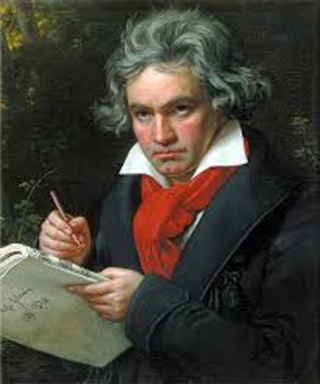2/27/2021 One of Russian Five, Alexander Borodin, String Quartet No. 2
- Emi Igarashi / Editor

- Feb 27, 2021
- 2 min read

The performance is by Borodin Quartet recorded in1973. The quartet members at that time were Rostislav Dubinsky, Yaroslav Alexandrov, Dmitri Shebalin and Valentin Berlinsky.
This is a wonderful piece for a cellist and the first violinist to play if you like Russian music, but not easy for amateures to paly "well" as the interpretation of the music, tempo, dynamics, are so very different by each player. I particularly like this recording by the Borodin Quartet in1973, as it is so easily, naturally and beautifully played (as some quartets play it with too much of their bare emotions and exaggerations). Perhaps Russian music belongs to Russians, or the recording techniques were simpler then, thus sounds more natural.

There are a lot written about Alexander Borodin (12 November1833 – 27 February1887). He was an established research organic-chemist, a musician part time, and was a member of the mighty "Russian Five"* (see note below for its members). This "Mighty Five are prominent19th-century Russian composers who worked together to create a distinct national style of classical music: They lived in Saint Petersburg, and collaborated from 1856 to 1870. The Five struggled to promote Russian music." (Wikipedia)

Serge Dianin, an author of a biography "Borodin", the son of Borodin's adopted daughter and the man who succeeded Borodin as Professor of Chemistry, wrote detailed biography of Borodin. "The book is in two parts, the first dealing with Borodin's life and the second with his works."

"The fascinating personal information that only Dianin could have adds strikingly to Borodin's profile. What emerges, perhaps quite justifiably, is a great man indeed, and certainly the author can be forgiven for avoiding certain items that seem embarrassing in a milieu far puritanical than that in which Borodin lived." (Wikipedia)
Borodin in fact seemed a very kind and joyous man indeed. Charles Bukowski, a German born American poet wrote in his book "Burning in Water, Drowning in Flame" (1974) a poem about the life of Borodin entitled "The Life of Borodin". It could be just an imagination of the poet, but it is worth reading the poem.
The music is today's selection by Burton-Hill, perhaps to commemorate his death on 27 February1887. Burton-Hill wrote "My own Borodin reaction was further improved when I discovered he was an ardent advocate of women's rights, promoting equality of education in Russia and founding the School of Medicine for Women in St. Petersburg. What a guy."
* Russian Five: Mily Balakirev (the leader), César Cui, Modest Mussorgsky, Nikolai Rimsky-Korsakov and Alexander Borodin
.png)



Comments